Pentagon prepared for ‘mass casualty’ attack hours before Kabul blast: Classified notes
The Pentagon instructed senior US military leaders to make preparations for an imminent “mass casualty event” just 24 hours before a bombing killed 13 US servicemen and scores of Afghan civilians at Kabul’s international airport on Thursday, according to classified detailed notes of the gathering obtained by Politico.
Speaking from a secure video conference room at the Pentagon on Wednesday, Defense Secretary Lloyd Austin updated the department’s top leaders around the world on the fast-deteriorating security situation in Afghanistan and told them to make preparations for a deadly terrorist attack.
During the meeting, Gen. Mark Milley, the chair of the Joint Chiefs of Staff, warned that “significant” intelligence was pointing to a “complex attack” being planned by Daesh’s affiliate in Afghanistan, the notes quoted him as saying.
Commanders attending the video conference from Kabul said that the Abbey Gate, a heavily-patrolled entryway where American citizens had been advised to gather in order to gain entrance to the airport, was the “highest risk.”
Austin responded by saying that he did not believe “people get the incredible amount of risk on the ground.”
On a separate call, the commanders detailed a plan to close Abbey Gate by Thursday afternoon Kabul time. But the Americans decided to keep the gate open longer than they had intended in order to allow British forces to continue evacuating their personnel, who were staying at a nearby Baron Hotel.
The bomber waited, according to US officials, until just before he was about to be searched by the American troops to blow himself up in order to inflict maximum casualties.
The transcript of the conference calls among the Pentagon leadership makes clear that top officials were raising alarm bells and preparing for an imminent attack that they had narrowed down to a handful of possible targets, projections that proved very accurate.
“This story is based on the unlawful disclosure of classified information and internal deliberations of a sensitive nature,” Pentagon spokesperson John Kirby said in response to the reporting by Politico.
“We condemn the unlawful disclosure of classified information and oppose the publication of a story based on it while a dangerous operation is ongoing,” he noted.
Pentagon officials are still trying to piece together the chain of events that led to the devastating attack at Abbey Gate, but the nagging question remains as to why there were so many service members huddled so close together at an entryway that had been labeled as being the “highest risk.”
In the week before the attack, President Joe Biden and top administration officials publicly warned about the general threat that Daesh posed to the airport amid the ongoing evacuation effort.
Biden even cited that threat as a reason not to extend the military mission beyond August 31, as it had been called for by many officials. The president warned this weekend that an additional attack was “highly likely” and promised more reprisal strikes.
US military forces conducted their first strike in Afghanistan since the airport attack on Friday in the Nangarhar Province against a suspected Daesh planner, and followed it up with another similar strike on Sunday.
Nine members of an Afghan family, including six children, were killed in the Sunday night airstrike. The US Central Command acknowledged reports of civilian casualties and said an investigation was being conducted.
Early on Monday, five rockets were fired at the Kabul airport. US officials said the rockets were intercepted by the C-RAM missile defense system installed at the airport.
The rocket attack came as the US is winding down its evacuation mission to fly remaining American citizens out of Afghanistan ahead of Tuesday’s deadline.
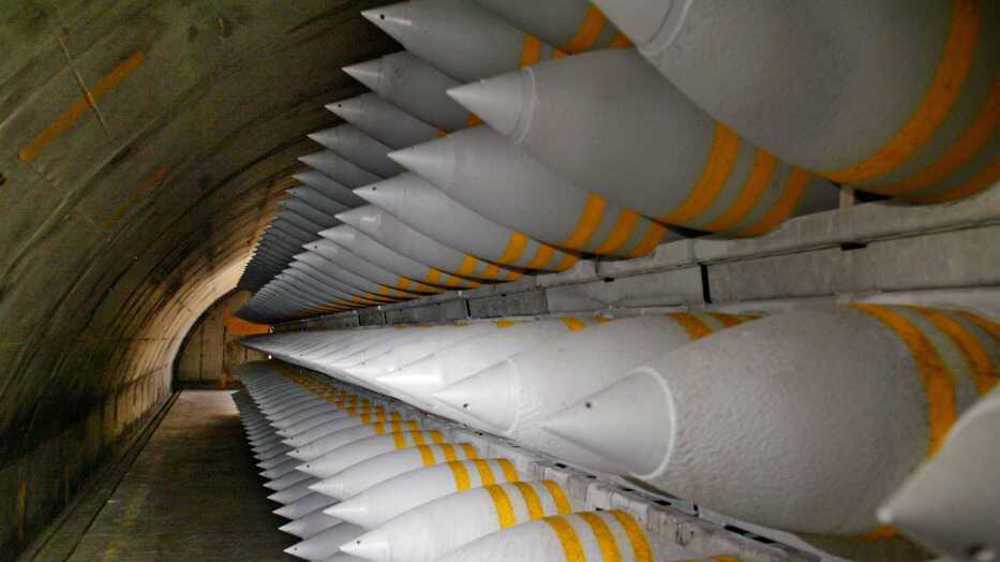
Nine US military planes deliver bunker-busting bombs to Israel
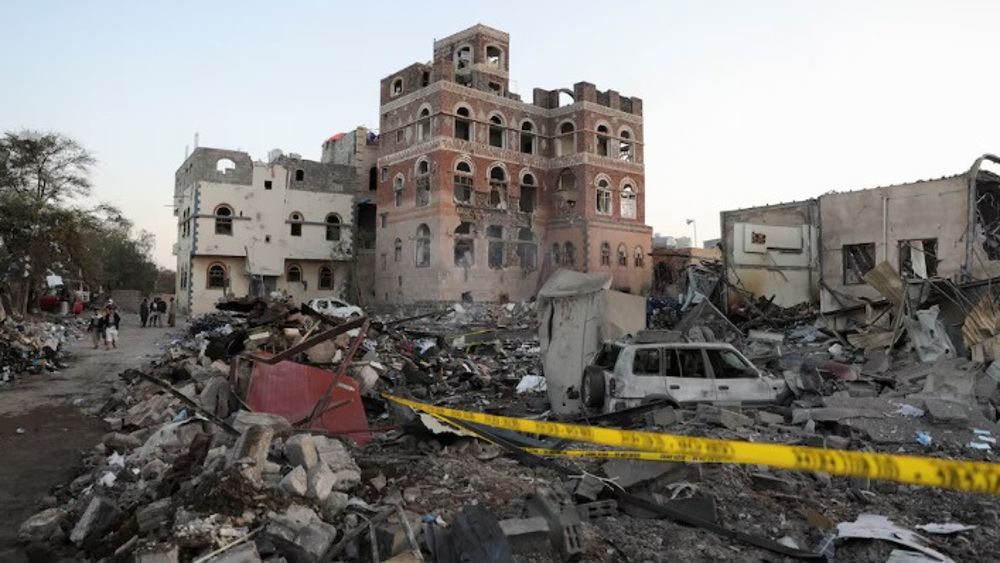
1 killed as US keeps up deadly escalation against Yemen

US intensifies bombing Yemen amid ground invasion plans
VIDEO | Press TV's news headlines
VIDEO | Iran showcases indigenous military capabilities on Army Day
President: Iran strives to solve disputes and foster peace
Israeli attacks kill at least 50 across Gaza as heavy strikes hit north, south
'No force can disarm us': Hezbollah official
Yemen targets Tel Aviv, US aircraft carriers in pro-Gaza operations
UNRWA raises alarm over dire humanitarian crisis in Gaza amid Israeli blockade
China dismisses Ukraine's allegation of weapon supplies to Russia as 'groundless'


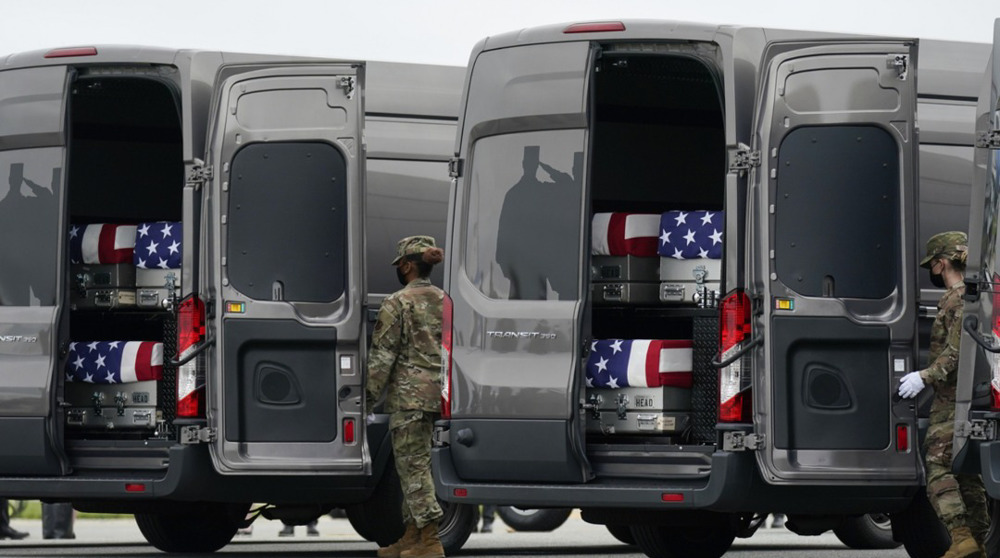
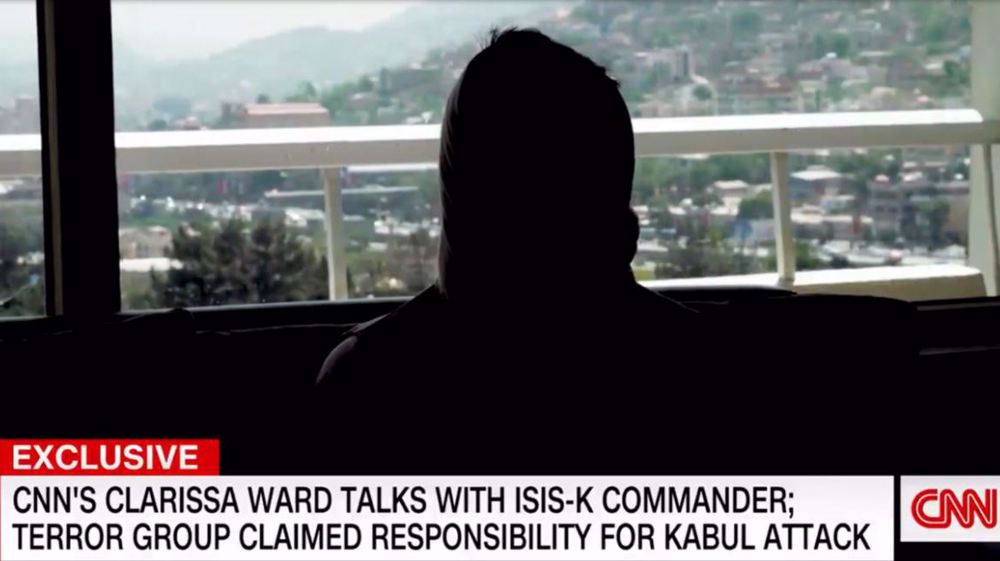
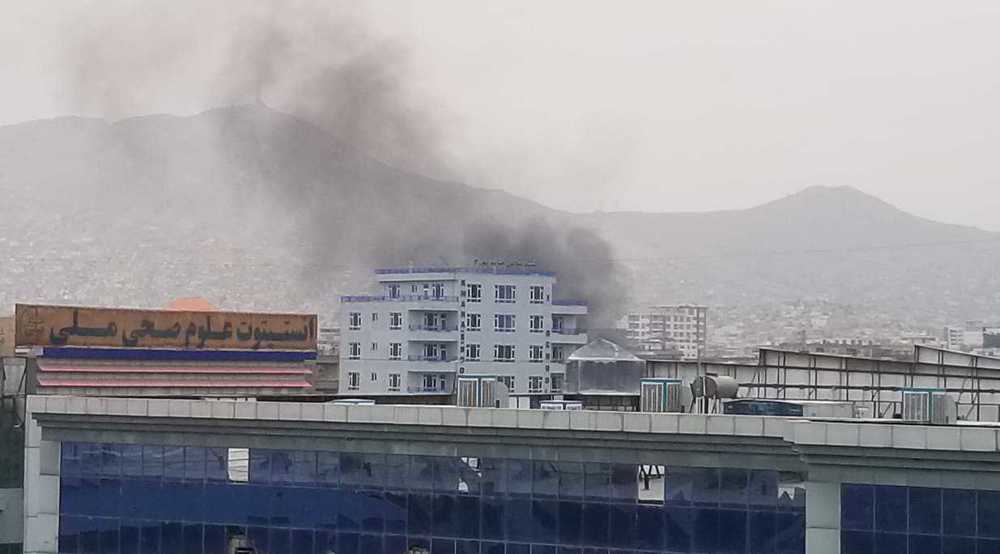



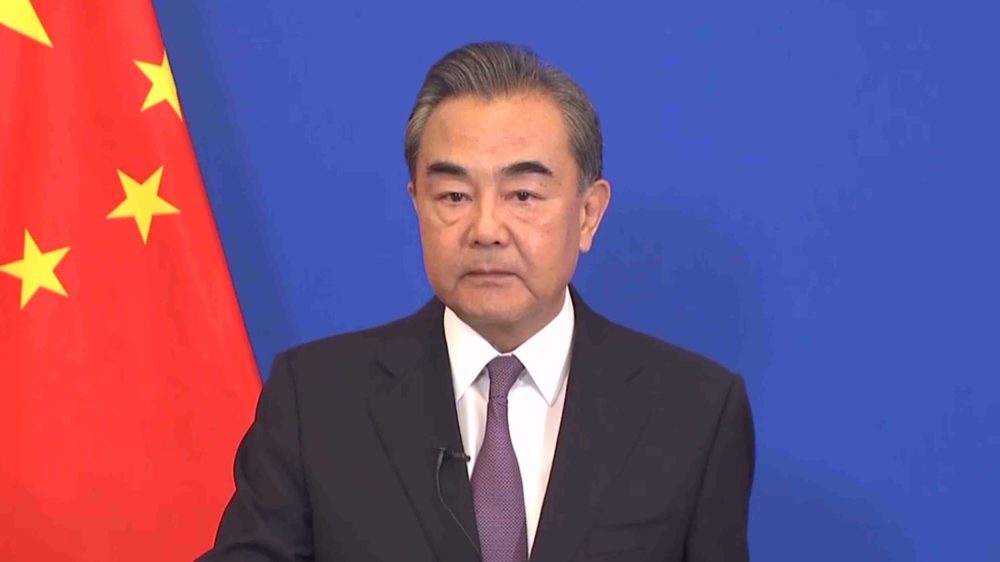
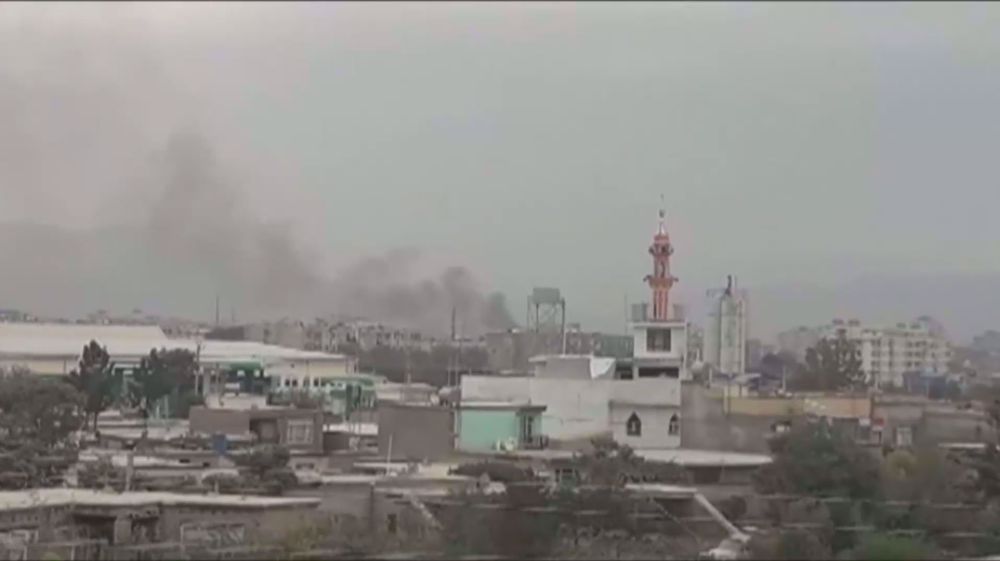
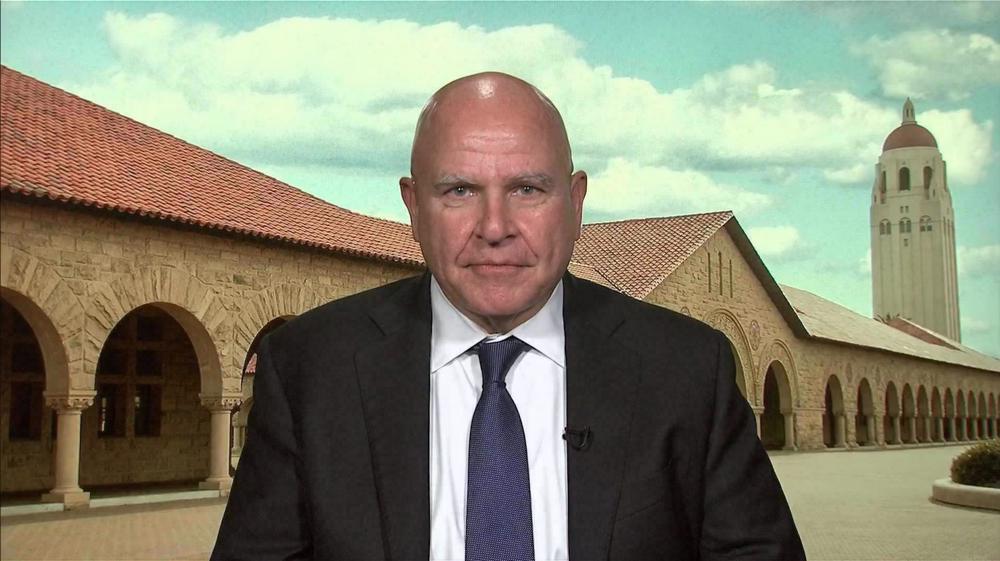
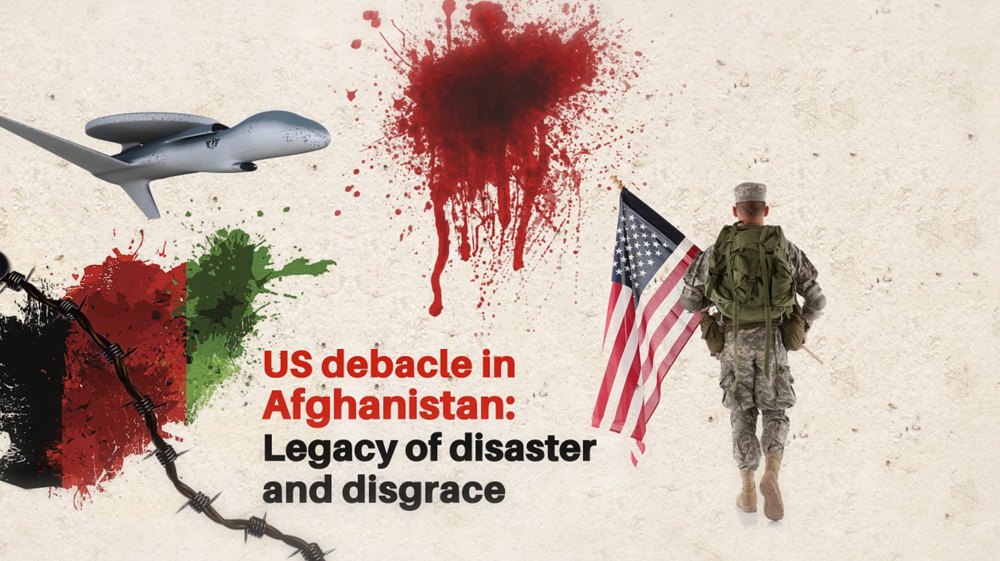
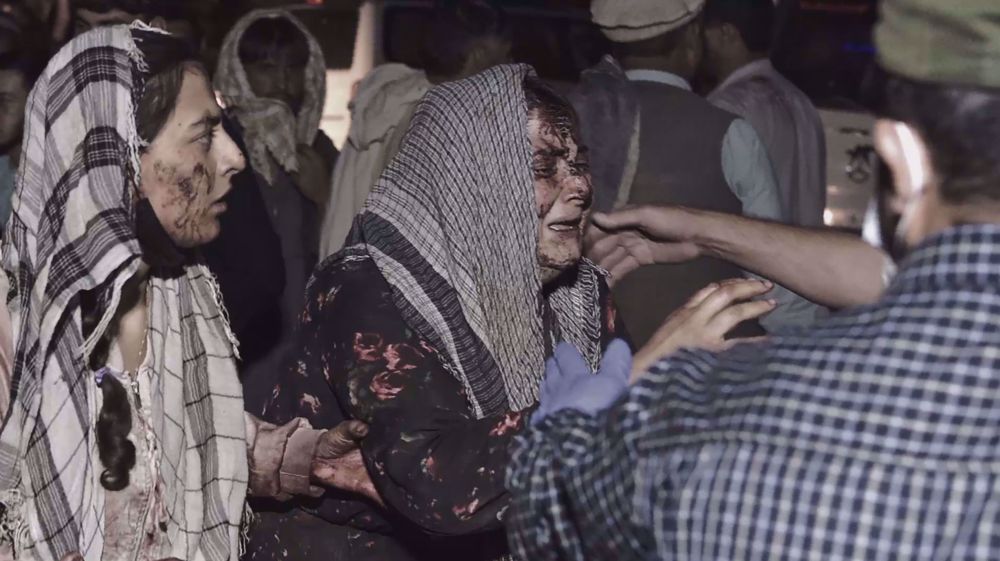
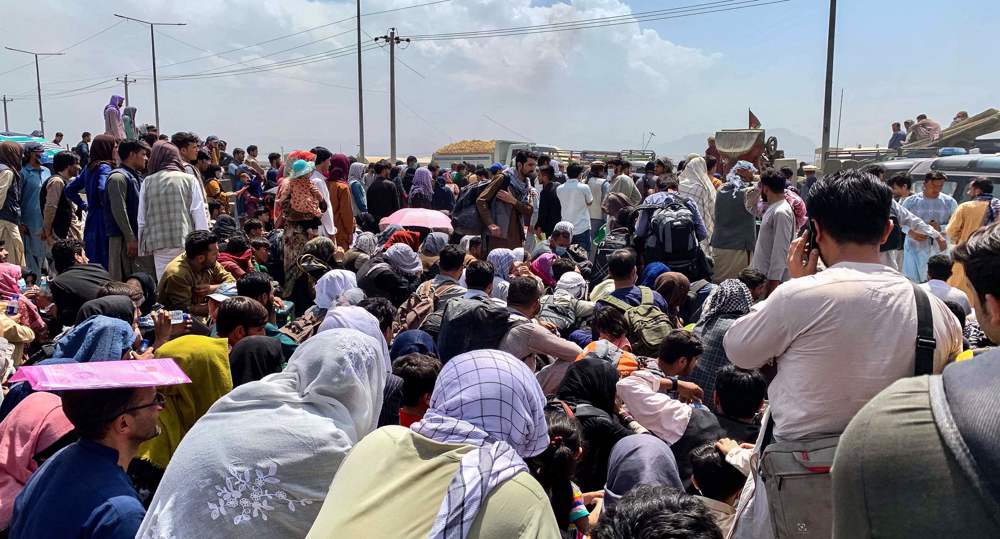

 This makes it easy to access the Press TV website
This makes it easy to access the Press TV website